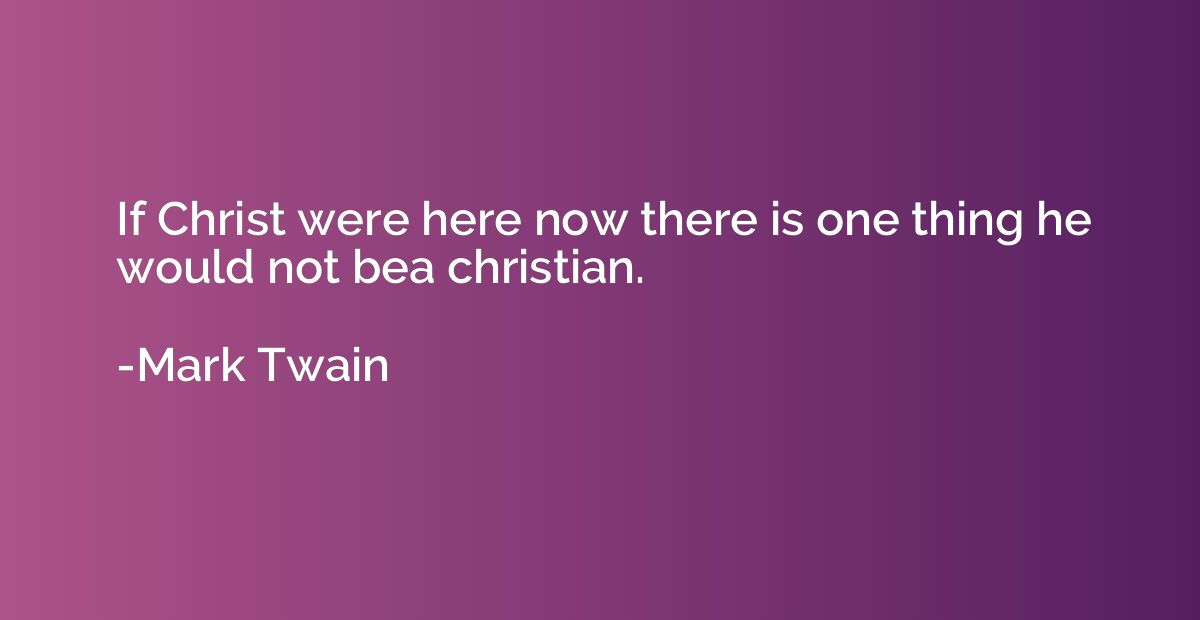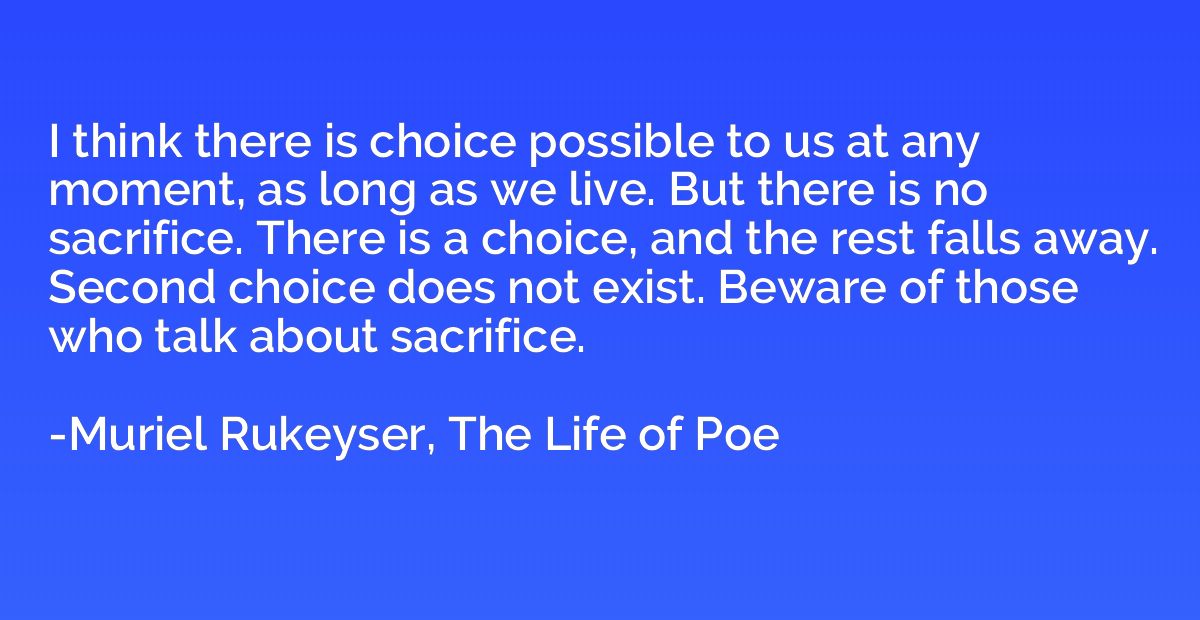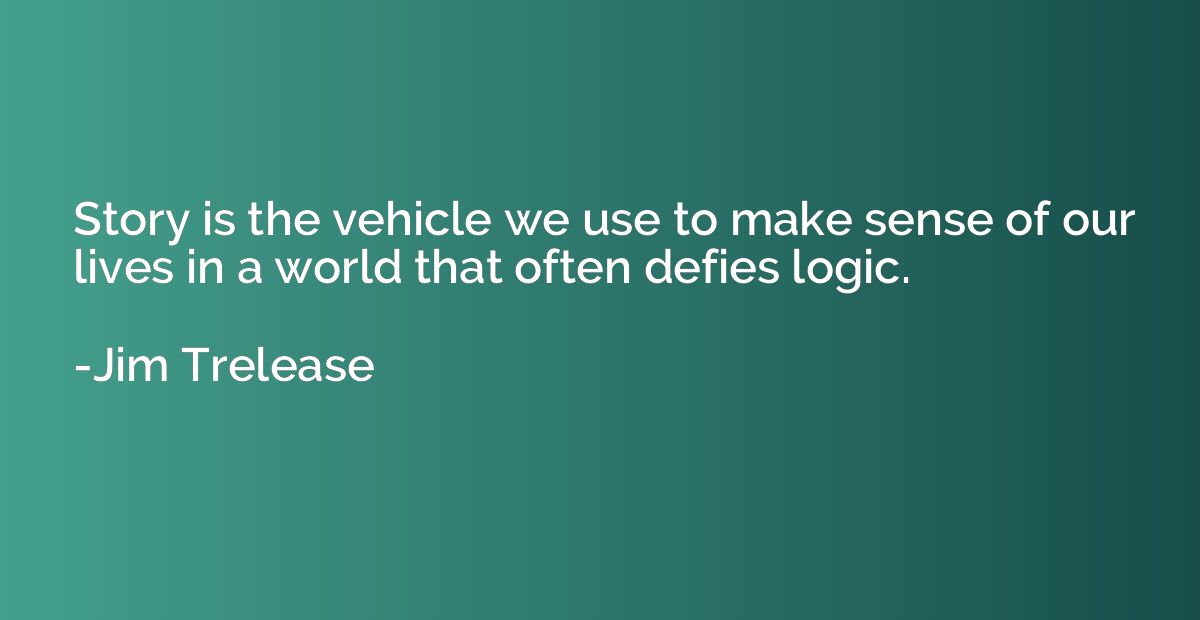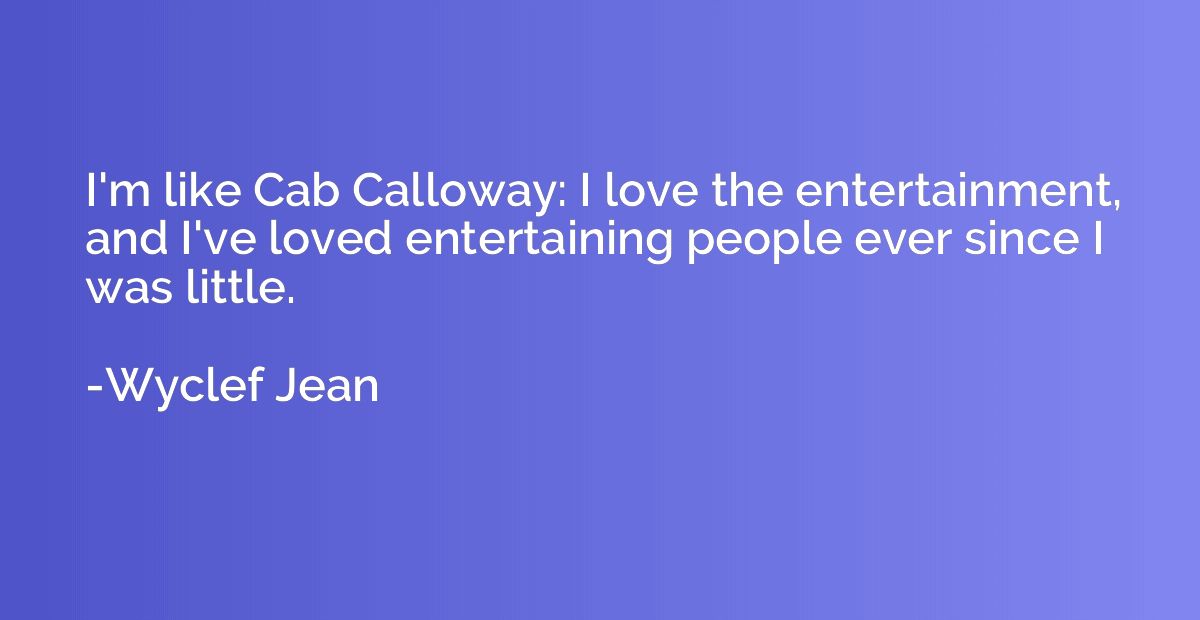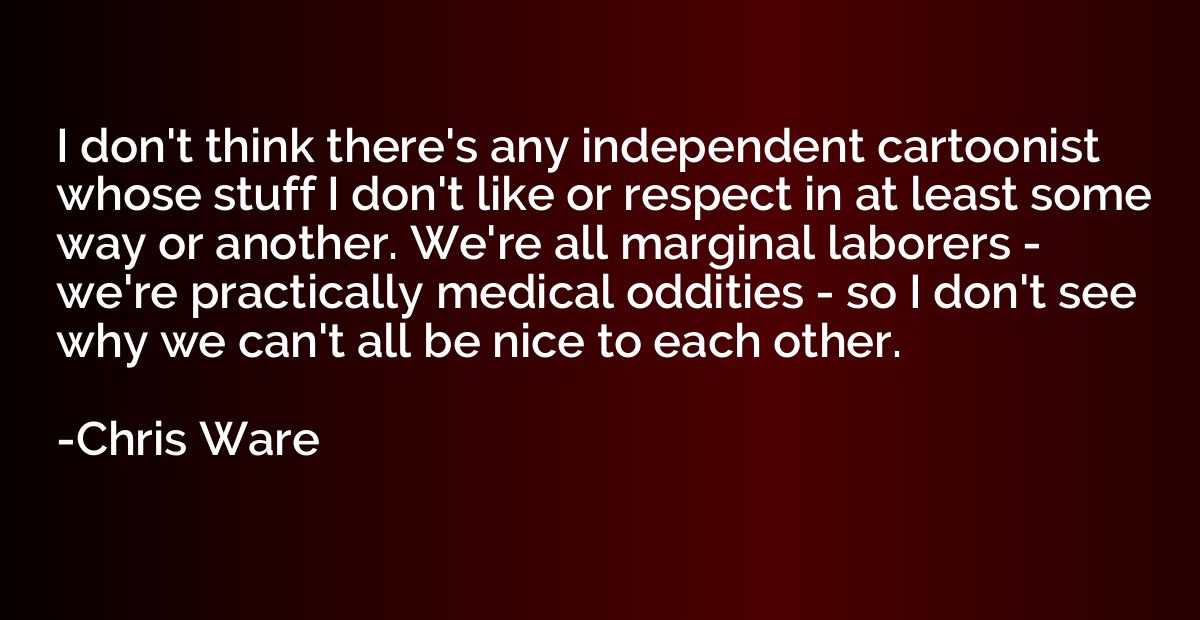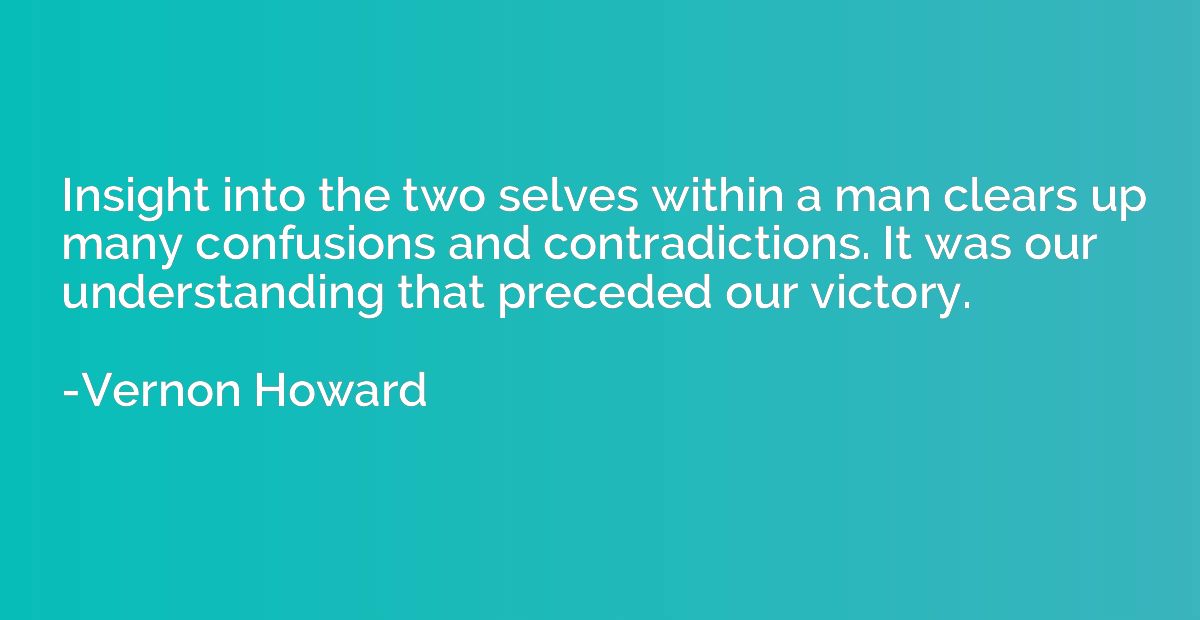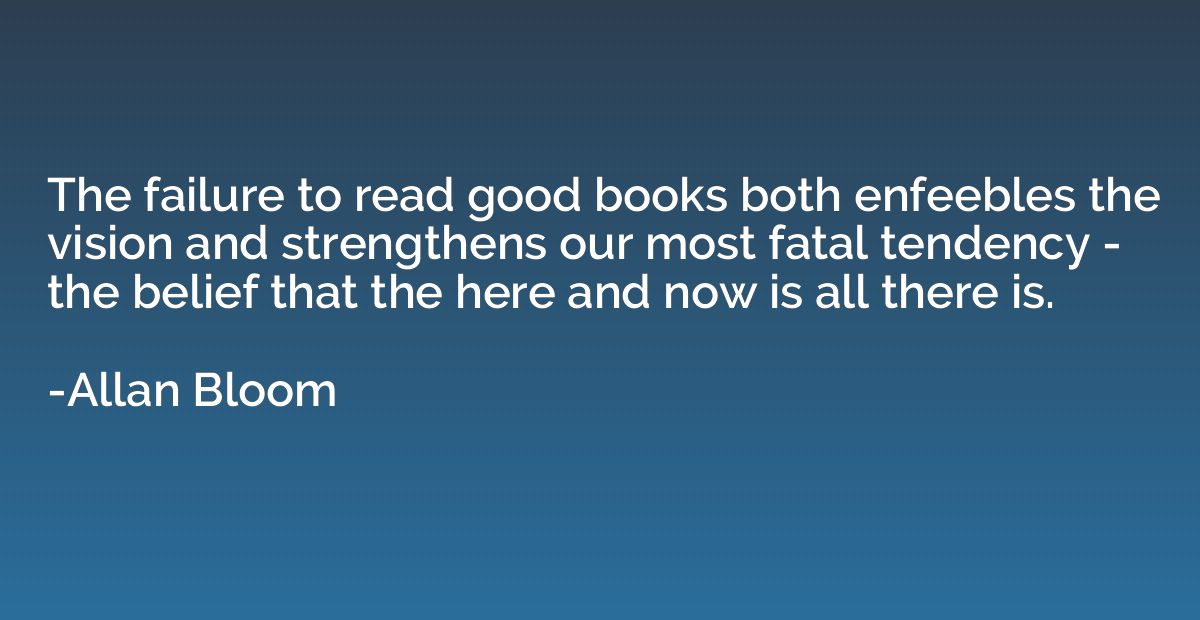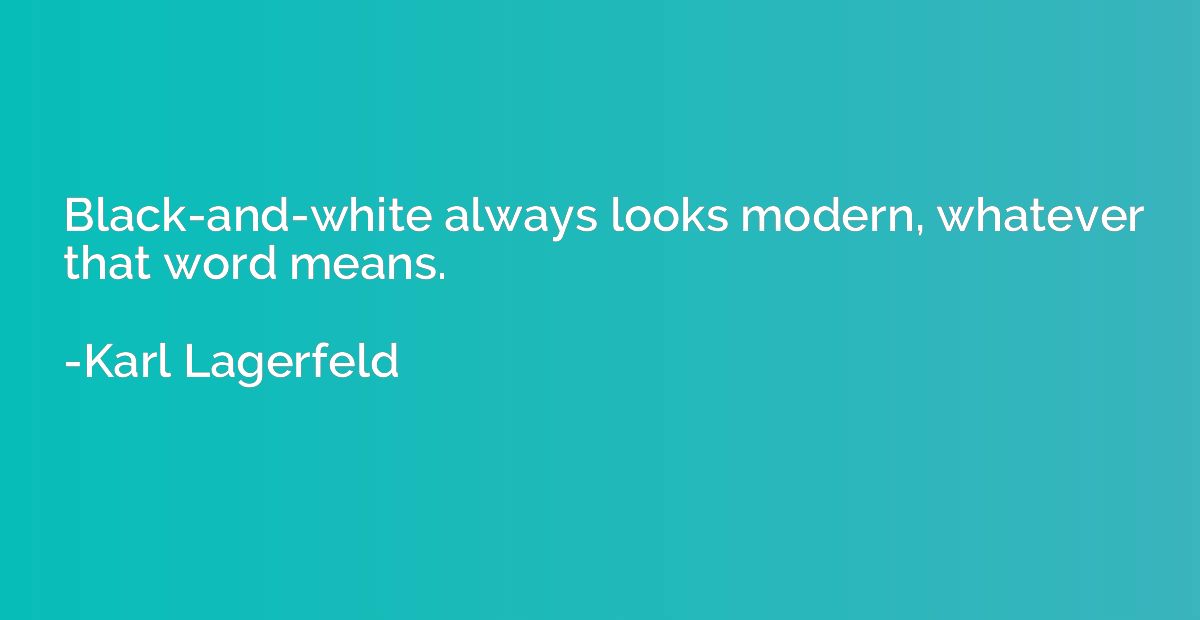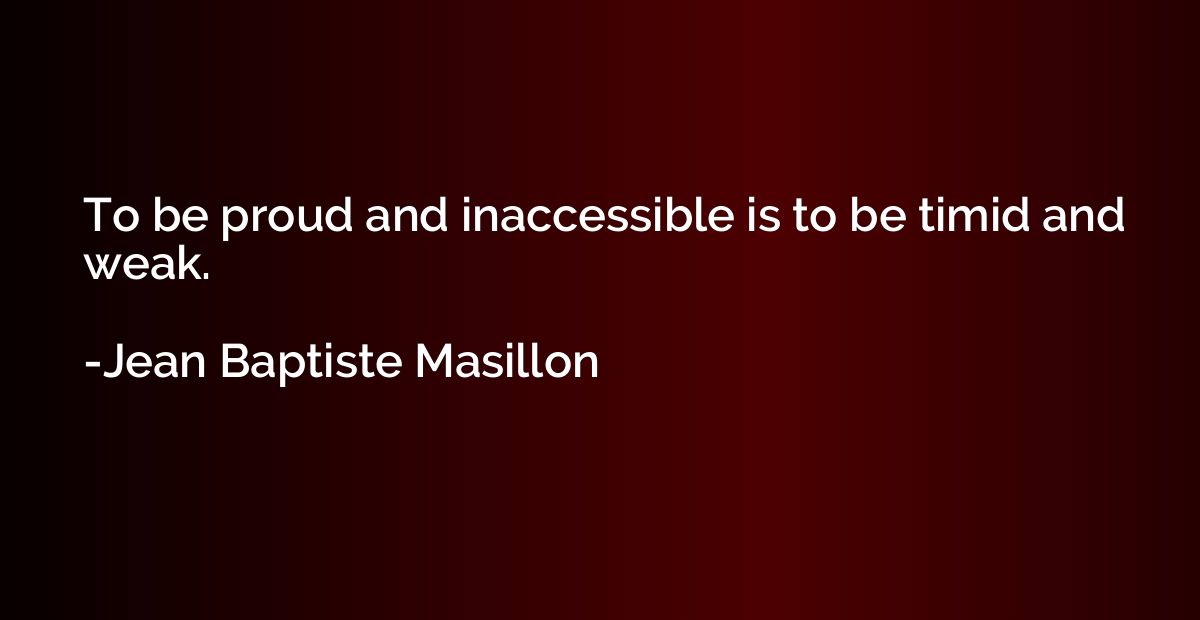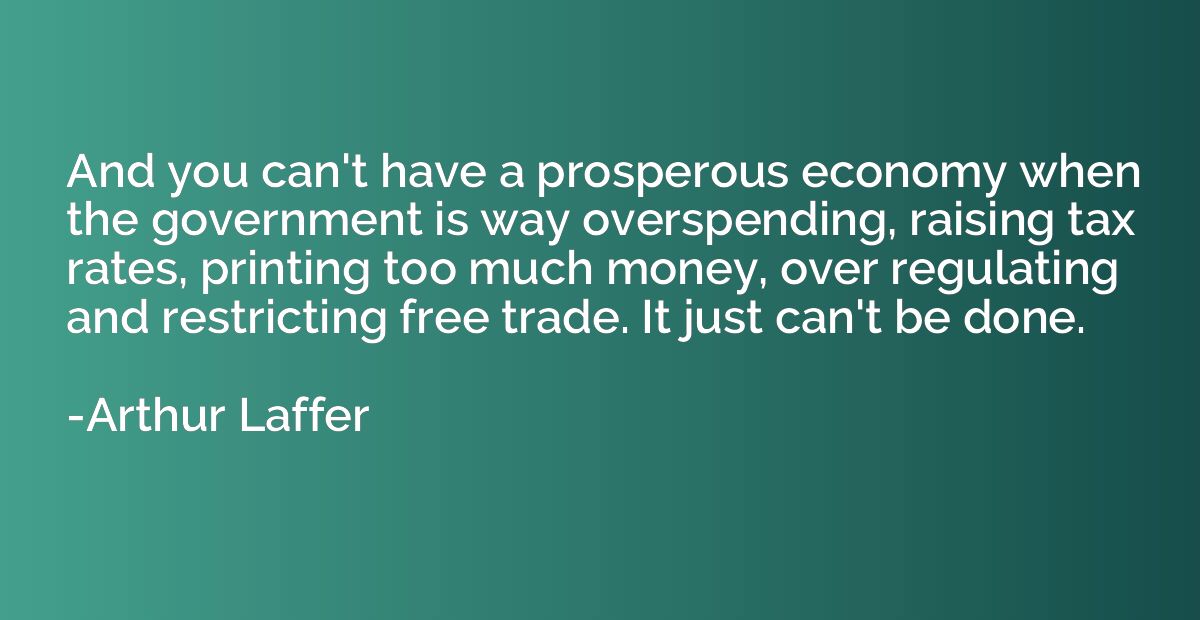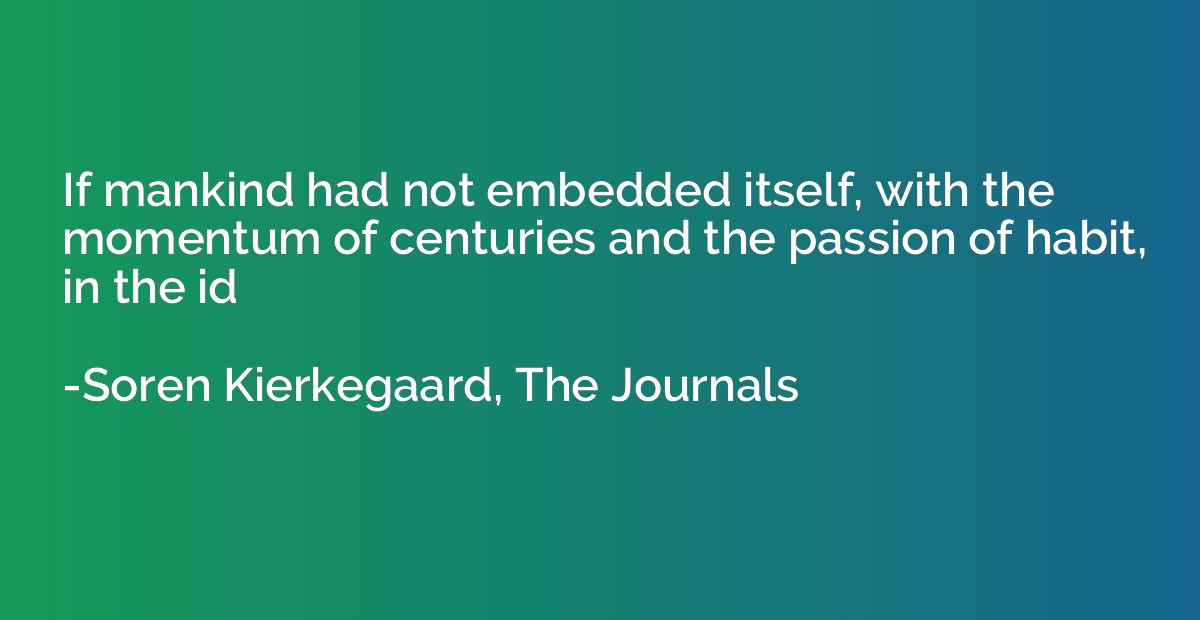Summary
This quote suggests that if Jesus were present in the current world, he would not identify himself as a Christian. It implies that Jesus' teachings and actions centered around love, compassion, and acceptance, which might not align with the beliefs and practices of organized Christianity observed today. The quote challenges the notion that religious labels are essential, emphasizing the importance of embodying the essence of Jesus' teachings rather than adhering to a particular religious identity.
By Mark Twain
